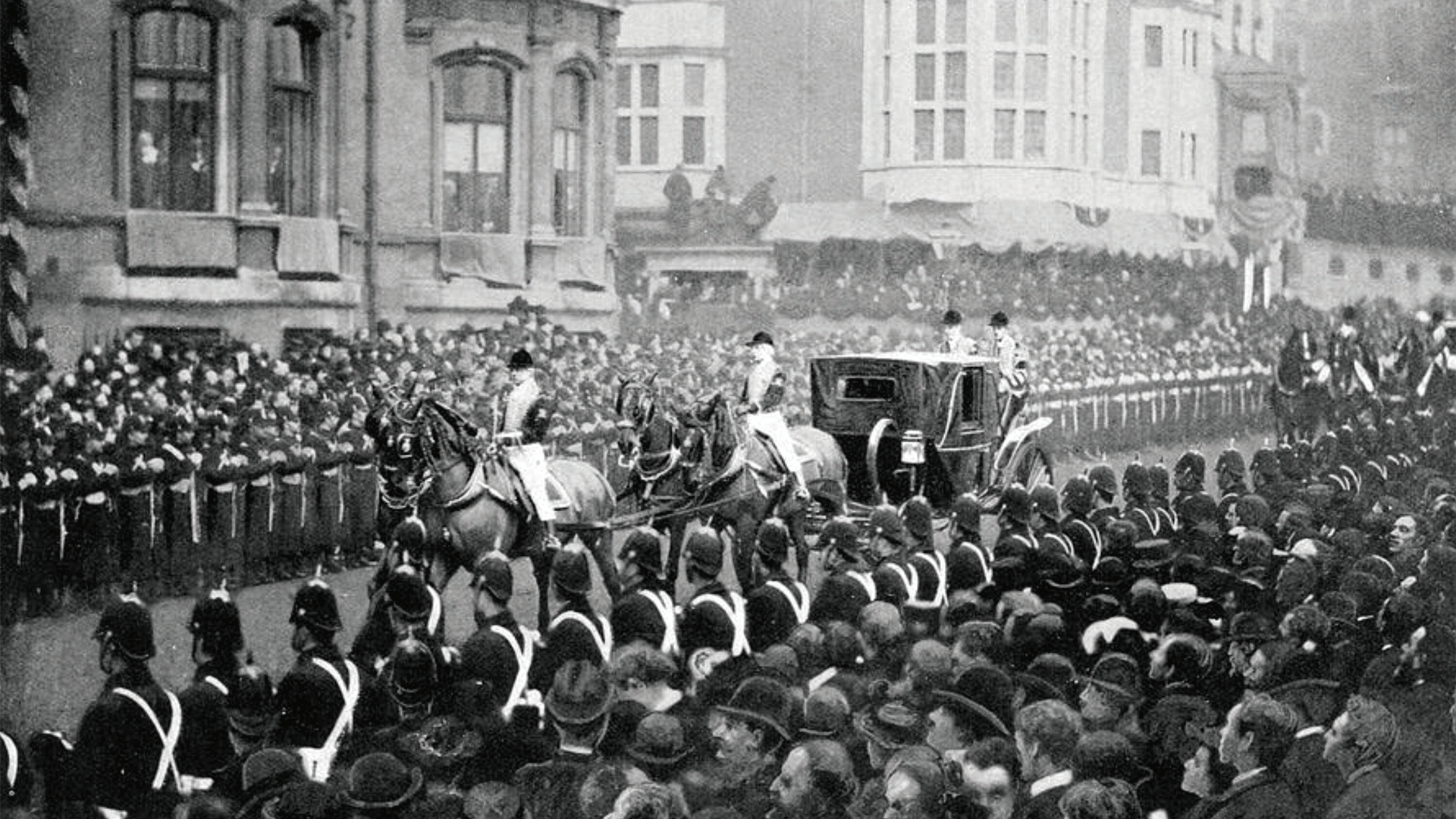My grandmother believed passionately that the 20th century went wrong when Queen Victoria died in 1901, aged 81. She left the century and the country in the lurch. According to my gran, the First World War came out of the incompetence of Victoria’s son Edward VII. He did not know how to handle Victoria’s grandson, Kaiser Wilhelm II. The Second World War had just finished when she told me these things. She believed that World War II was simply a continuation of the First World War, and that it all flowed from the stupid King Edward.
Mrs Mary Ann Bird was almost 15 when Victoria died. Later, as a 65-year-old granny, she constantly rued the day the great Queen passed away. “Queens are best, Tony Bird,” she often said, as I worked at stirring the breakfast porridge in her kitchen; our family having to doss with her due to eviction.
The slums of Notting Hill had this Victorian echo to them, and not just because of my granny’s constant promoting of the long-dead Queen. We seemed to be living in some ways in the wreckage of the British Empire, which in that year, 1949, had become the Commonwealth. Rubbish and suffering was all around us, as if a civilisation had collapsed and we were living in its remnants.
So I did feel very Victorian as a child, and loved my granny’s take on the times we lived in. She felt and dressed Victorian, joining the hundreds of old ladies of Notting Hill who dressed as if Victoria was still on
the throne.
We did keep up though with King George VI and his elder daughter, who was heir to the throne. In 1949 we took the 36 bus from our slums and my mum and I went to Buckingham Palace to see the king and princess standing on the balcony waving to the thousands upon thousands of people who crowded before the gates of the Palace.
In the surging mass of people I got separated from my mother; a policewoman took me to a tent for lost kids; and I was treated to my first Mars bar. My mother came and angrily dragged me away as I was going through my second Mars. Later when Elizabeth became Queen in 1952 she toured her kingdom, passing our slums and waving from her large black open car. She was smiling and waving as hundreds of us and the whole of my infant school stood on stands hastily constructed overnight. Aged 26, she swept quickly by towards Kilburn and Maida Vale and we cheered and threw pieces of coloured paper in the air.









